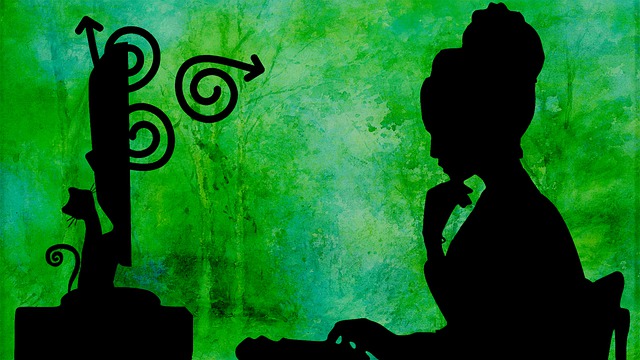After waiting two months (and chasing twice) for my CT scan results, I finally got a phone call this week. Historically, I’ve bought into the idea that “no news is good news” because surely if it takes that long to get the news, it’s not urgent and ther’s no problem. And perhaps that’s true – it’s borne from the desire to make some sense of the medical world, to pre-empt news before it comes, to figure it out so that the wait for confirmation is less excrutiating. However, on this occasion, I have been made to question the theory that no news is indeed good news.
Because when my CT scan results came through, I was told that there is an area of my liver they want to take a closer look at. On the phone, I was told they don’t think it’s “anything too serious” but they just want to clarify it, so I am being sent for an MRI.
Cue panic. Sure, they said they don’t think it’s anything too serious, but I’ve heard a variation of that before: “We’d be surprised if we found anything.” One colonoscopy and 18 polyps later, my consultant was indeed surprised. Plus, the wording “they don’t think it’s anything too serious” didn’t fill me with confidence – they thought it might be a bit serious, then, but not too serious? How serious is too serious?
I see-sawed between reminding myself that they were just “clarifying” (assuming their meaning of the word clarifying and my meaning of the word are the same) and succumbing to the often revisited “what if the cancer has come back, or there is a new one?” And then I accidentally saw online that liver mets are common in bowel cancer patients, and that liver cancer is rare in the UK. So my thinking then was “either it’s not serious at all or I have stage four cancer and I’m gonna die.”
So, I turned to a couple of cancer forums and shared my fears, and thankfully, the replies I received really calmed me down. There were replies that were simply empathetic and made me feel like I wasn’t alone. But there were also replies from people who have been in similar situations, gone for scans, and it was found to be nothing. One person said liver nodules are a common thing to be checked and often harmless. That was what I needed to hear. They also said even if it does turn out to be secondary cancer, there are lots of treatments for that. But my general takeaway was that this happens to lots of people, and knowing how common it is allowed me to more easily buy into “they don’t think it’s anything too serious”. The forums gave me confidence I didn’t get from the phone call.
Others on the forum reminded me that it’s great my medical team are being extra cautious and checking everything. Of course, the checking and vigilance is a double-edged sword. Yes, it’s really important to keep an eye on things when you have my medical history. But there’s a scene in Scrubs where Dr Kelso wants to advertise full body scans to anyone who wants them, and Dr Cox tells him how unethical he thinks it is to show perfectly healthy people every imperfection in their body and cause them panic. And I kind of feel like that’s what happens to me, in a way – lots of people have all sorts of harmless things in their bodies that might show up on scans, but as they never have the scans, they never know, and never need to know. But I find out these things through my scans and they have to be checked, because I’m going to surveillance regularly for a reason. It’s necessary, but it’s tough.
That aside, knowing that it’s common for people to be sent for a liver MRI helped to provide context to what I read about liver mets being common in bowel cancer patients. It’s because of this risk that they are checking me out. It doesn’t mean that’s what’s happened – again, “we don’t think it’s serious” suggests the contrary – but that they are sending me for the scan to rule it out. With this context, it makes sense that they want to make sure.
All of this is to say that this week I’ve done an awful lot of leg work (including Googling, which is basically emotional gambling and comes with great risk), to get to a point where I have confidence and peace of mind. Or at least, more peace of mind than I initially had. And there is surely a way that the person who called me could have helped with this. I don’t mean this as a slight on the person who called me, or any member of my medical team. It’s just that I feel like sometimes people are so careful not to give false hope, or to talk in absolutes, and that is a good thing, because false hope can be harmful. But what feels equally harmful to me is the false alarm, or “false panic” that can be caused because not enough reassurance is given to the patient. Maybe it’s my fault because I didn’t ask for it. But if medical practitioners could offer it, that would go a long way towards making me feel better emotionally. And I’m sure I’m not alone in that. All it would have taken would be to tell me that the findings on the liver could be a whole range of things, that they see it a lot and that it’s quite common to double check with an MRI, and to tell me to try not to worry. By all means, ensure I’m aware that it could be something serious, but that it isn’t likely. I understand the wish to not give patients false hope, but in order to not panic, I need the whole picture. I’m not asking for promises or absolutes. I’m just asking for a little more reassurance, a little more information and wider context. In an ideal world, I would get that from the phone call rather than having to look for it elsewhere.


Leave a Reply